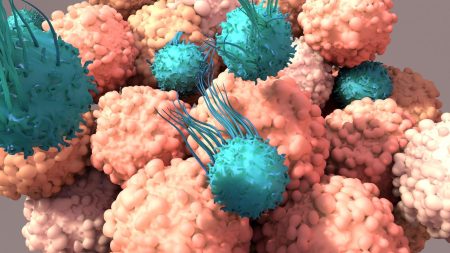Offsite home building companies are driven by a passion for solving global issues, not just capitalism. These companies are dedicated to addressing the housing affordability crisis through manufacturing, design, and automation that can lower costs. One such company, Juno, uses a component- and rules-based building design, asset light manufacturing, and predictive modeling to bring precision at scale. By using a platform approach and developing relationships with suppliers and factories, Juno is able to efficiently assemble projects and reduce waste.
In Pittsburgh, Brian Gaudio founded Module after returning from South America with a mission to solve affordable housing issues. Module recently launched a Mission-Driven Developer Program to provide funding and support for developers working in disadvantaged communities. By collaborating with partners and focusing on energy efficiency, Module is able to deliver affordable housing that meets U.S. Department of Energy Zero Energy Ready standards. The company also partners with organizations to provide job training opportunities on their job sites and in the factory.
A competition called the Gateway Decathlon has been launched to highlight the value of offsite construction for affordability and innovation. The competition will challenge teams to design, assemble, and exhibit housing projects, with some of the homes being permanently relocated to revitalize areas in St. Louis. The competition aims to connect the housing industry with research institutions to address future housing challenges and improve construction productivity and performance.
In California, Plant Prefab collaborated with a non-profit to build an affordable housing development in Santa Monica. Plant Prefab combines onsite construction with factory production to optimize time, labor, and materials, while also minimizing carbon emissions and material waste. The company focuses on sustainability and affordability, offering 100% affordable housing for low-income families and transition-aged youth. Plant Prefab’s automated facility allows for efficient production and delivery of modules to construction sites.
Home Technology Ventures, led by industry veteran Chris Langford, is investing in innovation to make housing more attainable and sustainable. The firm’s investment strategy focuses on disrupting current housing challenges and adopting technology to reduce costs and improve housing equity. Langford’s HOME model breaks down the different costs associated with housing and aims to make accessing home equity easier for homeowners. By reducing building costs, improving resource efficiency, and increasing access to home equity, overall housing costs can become more manageable.
The automation of prefabrication is seen as the future of home building by many industry experts. Companies like the Advanced Building Construction Collaborative are working to modernize and advance the process through innovations in prefab construction. Despite some skepticism, the benefits of modular construction are promising, and with a focus on sustainability, affordability, and industry partnerships, the future of home building looks hopeful.















